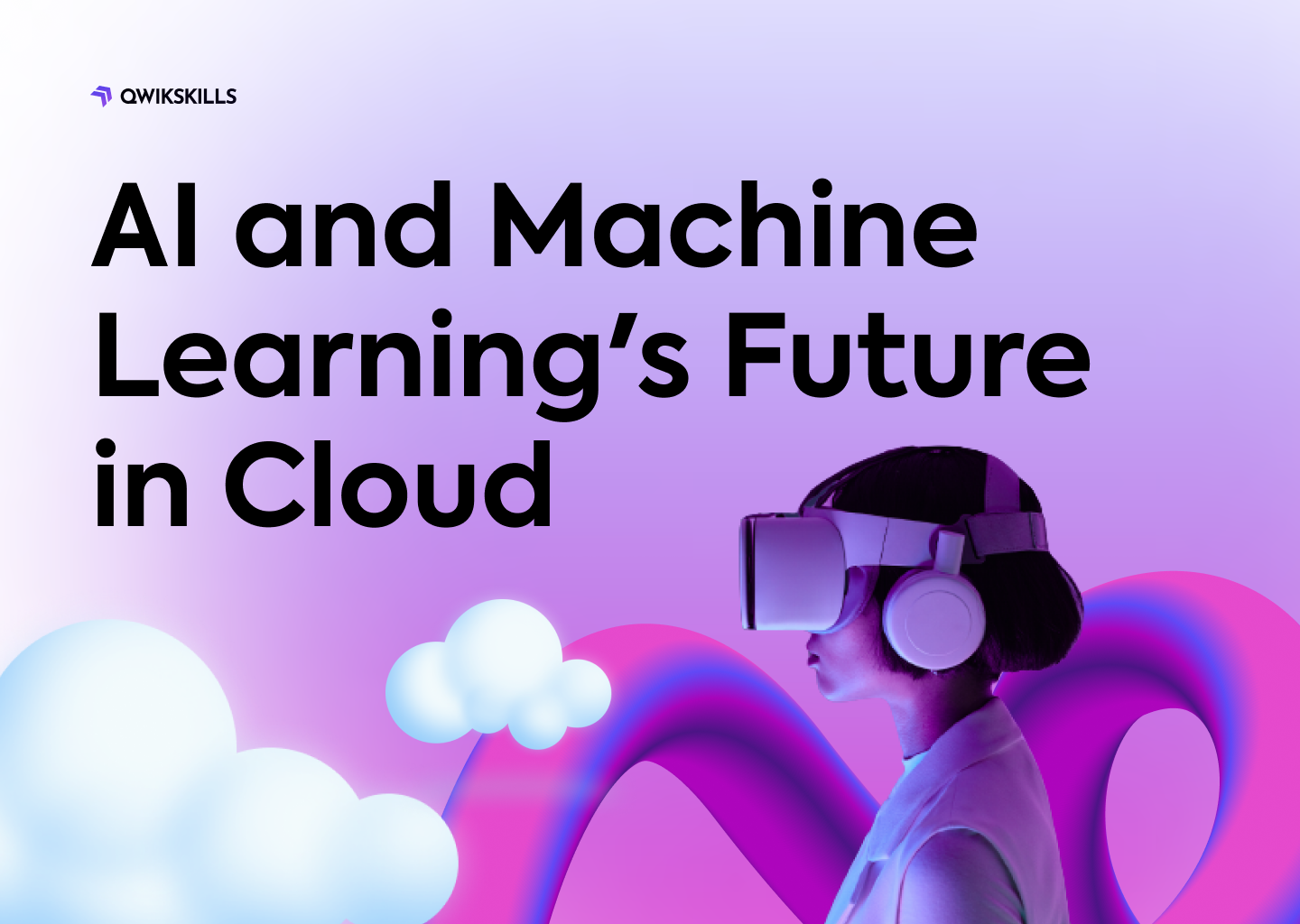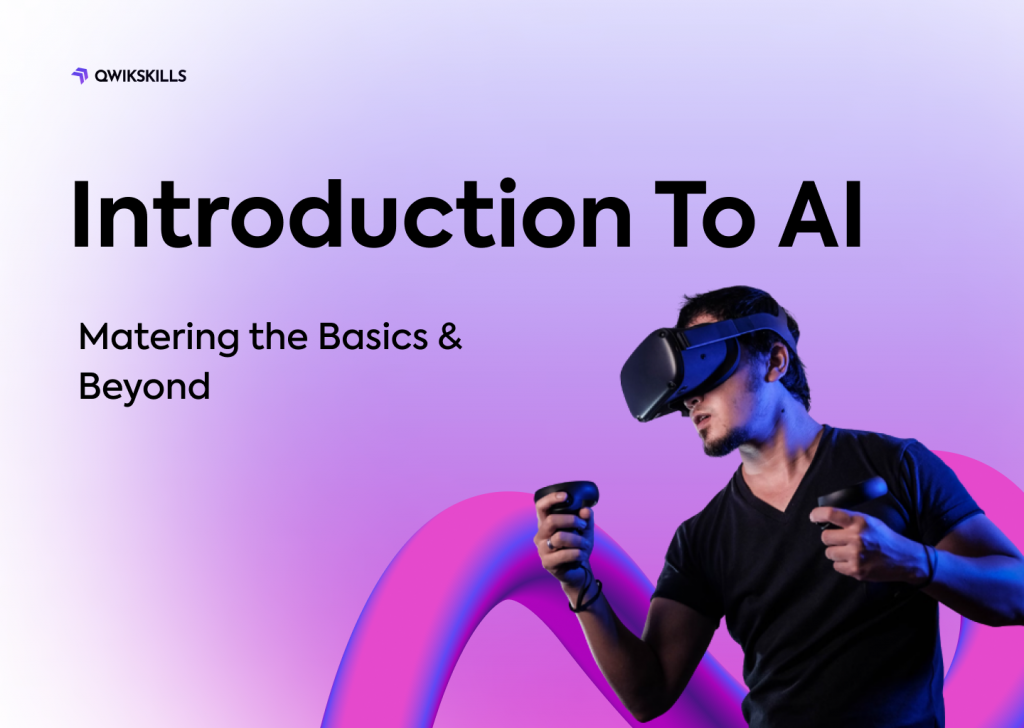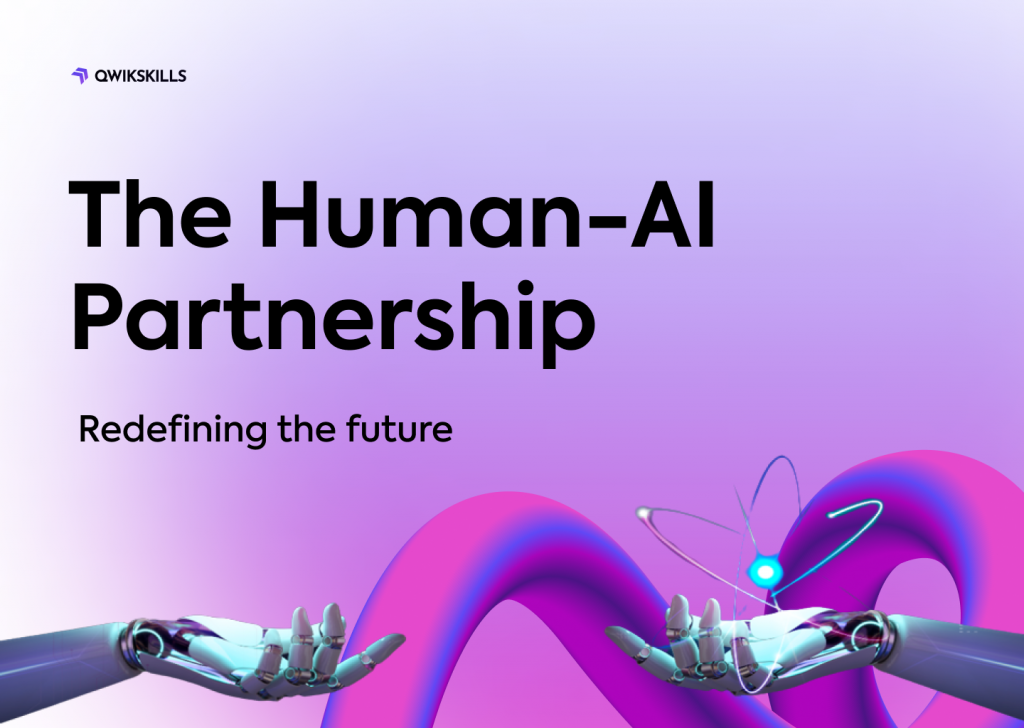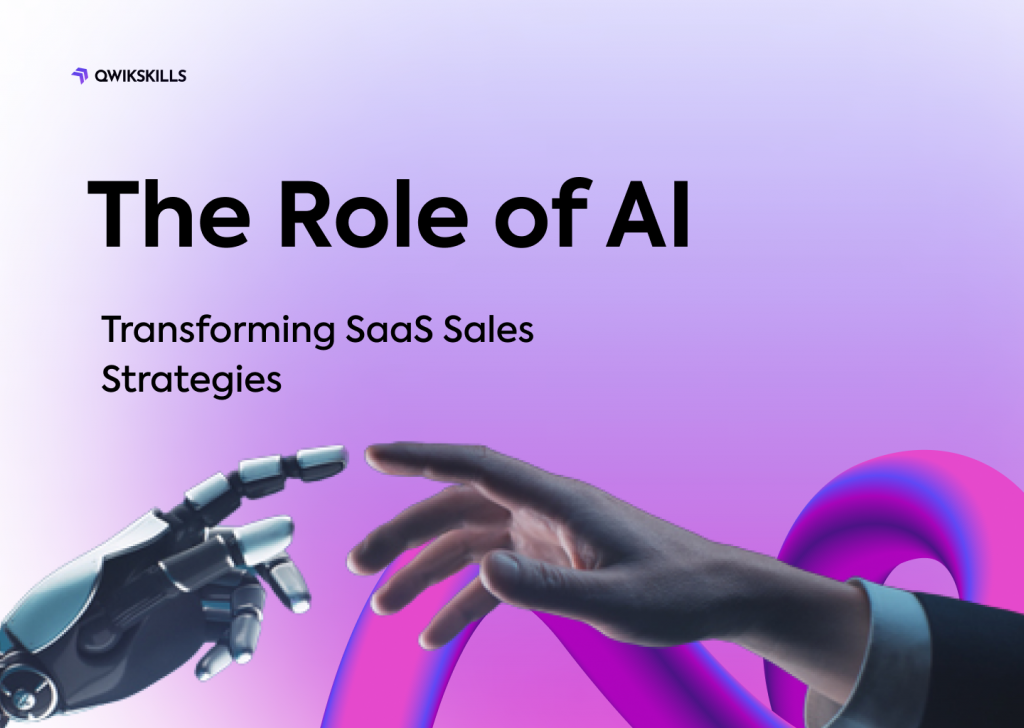The world is evolving at a rapid pace, and so is technology. Especially when it comes to Artificial Intelligence (AI) and Machine Learning (ML), these two concepts are changing the way we look at technology and its uses. The wave of this transformation is also sweeping over cloud computing – an area that has already revolutionized data storage and management.
Definition of AI and Machine Learning
So what exactly are AI and Machine Learning? In simple terms, AI is a broad area of computer science that involves making machines or software seem like they have human intelligence. This means that AI can understand, learn, interpret, and even interact with its environment.
On the other hand, Machine Learning, a subset of AI, is a technique that enables a system to learn, interpret, and improve from experience. It uses complex algorithms and statistical models to analyze vast amounts of data and make predictions or decisions, without being specifically programmed to perform the task.
Explanation of Cloud Computing
Now, let’s talk about another groundbreaking technology – Cloud Computing. It is a way of delivering IT resources over the internet from remote servers, rather than from on-site servers or personal computers. This includes storage, databases, networking, software, analytics, and even intelligence over the internet – reducing cost, improving performance, and enhancing efficiency.
Growing Importance of AI and ML in Cloud Computing
AI and Machine Learning are revolutionizing cloud computing in unique ways. They are:
1. Boosting the automation process, increasing efficiency, and reducing human error.
2. Improving decision-making thanks to superior data analysis capabilities.
3. Enhancing customer experiences through tailored services.
4. Increasing scalability and flexibility by optimizing resource usage.
The Role of AI in Cloud Computing
The advent of AI and machine learning is an exciting development in the realm of cloud computing. These sophisticated technologies are creating dramatic shifts in how we perceive and harness the cloud’s potential. Let’s dig into how they’re making a difference.
Enhancing Data Analytics and Decision-Making
With the amount of data being stored in the cloud increasing exponentially each day, traditional methods of analysis and decision-making are no longer feasible. That’s where AI and machine learning step in.
- They can process large quantities of data swiftly and accurately, leading to meaningful insights.
- Machine learning algorithms learn from past experiences, making predictions much more accurate and reliable.
- AI can recognize patterns and trends in your data, aiding in faster, data-driven decision-making.
Next, we turn our gaze towards efficiency.
Improving System Efficiency and Resource Management
Managing resources well is crucial for successful cloud computing. Here’s how AI helps:
- Performing tasks faster: AI can process and analyze data much more rapidly than a human could, freeing up precious resources.
- Resource optimization: AI-powered routines can analyze usage patterns and learn to allocate resources more efficiently.
- Energy efficiency: AI can also optimize energy use, reducing overall operating costs.
Activating Smart Automation and Adaptive Systems
AI and machine learning are not making systems more efficient—they’re making them ‘smarter’.
- Intelligent Automation: AI enables automation of complex tasks, reducing the risk of human errors and improving consistency.
- Self-adaptive Systems: Some AI routines learn from their operations and adapt over time, enhancing their performance and reducing the need for tedious manual tweaks.
The Role of Machine Learning in Cloud Computing
Machine Learning (ML) and Artificial Intelligence (AI) have seamlessly integrated into our daily lives, part and parcel of the technological advancements shaping our future. When combined with cloud computing, this transformative power takes on a whole new dimension. Let’s delve deeper into how ML pushes the boundaries of cloud computing.
Enhancing Predictive Analytics and Forecasting
Predictive analytics using machine learning is a game-changer. It can predict trends and patterns, improve sales estimates, and influence proactive decisions by analyzing the massive amount of data stored in the cloud. It makes cloud computing more valuable.
- Fast, Accurate Predictions: Using machine learning algorithms, data pulled from the cloud can be processed swiftly to forecast future outcomes.
- Data-Driven Decisions: Companies can leverage these forecasts to devise strategies, reduce risks, and make informed decisions.
Enabling Personalization and Recommendation Systems
Personalization, driven by cloud-based machine learning, has revolutionized industries by providing customer-focused solutions. Through personalized suggestions based on user preferences, businesses are enhancing customer engagement and retention.
- Contextual Recommendations: Machine learning can evaluate different variables to present relevant suggestions.
- Customer Retention: Personalized interactions enhance the customer experience, leading to better brand loyalty.
AI and ML Challenges in Cloud Computing
As with every rise in technological advancements, some challenges and risks inevitably arise. While AI and machine learning certainly hold vast potential for transforming cloud computing, they also present complicated concerns that vary from data security to ethical considerations.
Data Privacy and Security Concerns
A significant issue prevalent today as we endeavor to integrate AI and Machine Learning into cloud computing is the challenge of data privacy and security. With colossal volumes of data being shared and processed on cloud platforms, ensuring adequate security measures are in place is paramount.
Misuse or breaches of this data can lead to grim consequences, from identity theft to grave corporate damage. Moreover, AI systems can become targets for hackers exploiting vulnerabilities, thereby raising cybersecurity concerns. Some of these concerns include:
- Unauthorized data access
- Data leakage or breaches
- Cloud-specific attacks such as account hijacking and malicious insiders
Fairness and Bias Issues
Implementing AI and machine learning in cloud computing can raise issues of fairness and bias. As AI is trained on existing datasets, it may reflect and intensify any biases. These could be spread worldwide through cloud computing, leading to widespread discrimination.
Ethical Considerations and Job Displacement
While AI and machine learning can revolutionize industries, they might also cause job loss due to automation’s cost-effectiveness and efficiency. It’s crucial to find a balance between tech progress and job stability. As we shape cloud computing’s future, we must also consider its social impact and the role of employees in an increasingly automated world.
Future Trends and Possibilities
As we peer into the fantastic future of technological advancements, the integration of AI, machine learning, and cloud computing promises a trove of exciting possibilities.
Integration of AI and Machine Learning with Cloud Computing
The melding of AI and machine learning with cloud computing is expected to change the landscape of technology fundamentally. Currently, AI and machine learning use vast computational power and require substantial resources in terms of hardware.
Merging these technologies with cloud computing can democratize AI and machine learning, making them easily accessible regardless of one’s tech skills or finances.
- Cloud platforms are expected to become ‘smarter’, offering predictive analytics, hints, and recommendations to the users.
- Enhanced scalability and adaptability will be a big advantage, enabling businesses to instantly adjust their operations as needed.
- Enhancements in security protocols powered by AI and machine learning will better protect cloud platforms from cyber threats.
Potential Applications in Various Industries
Combining AI and machine learning with cloud computing has potential applications across numerous industries:
- In healthcare, it could enable faster, more accurate diagnoses.
- In finance, it could help detect fraudulent transactions more effectively.
- In logistics, it could optimize delivery routes and reduce costs.
- In retail, machine learning can provide personalized shopping experiences and demand forecasting.
- In manufacturing, predictive maintenance powered by AI could reduce breakdowns and downtime.
Despite the realm of possibilities, the integration of AI, and machine learning with cloud computing is just scratching the surface. As we continue to innovate and explore, the sky’s not the limit but just the beginning!
Conclusion
Thoughts on the Future of this Technology
The future is promising for AI and cloud computing. Expected advancements predict a wider impact across various sectors, customization for users, smooth operations, and further improvements.
Motivation to Adopt Cloud Computing and AI Changes
As cloud computing and AI evolve, keeping pace can seem intimidating, yet it’s essential to stay competitive. Rather than seeing these advancements as threats, view them as tools enhancing our abilities. It’s time we acknowledge their broad benefits and the opportunities they offer, welcoming AI and machine learning without fear.
QwikSkills provides AI and machine learning courses for the cloud, covering fundamentals, real-world uses, and hands-on experience. Interactive labs and expert teachers ensure a flexible and easy-to-access learning adventure. Begin with QwikSkills today and open up infinite opportunities.




